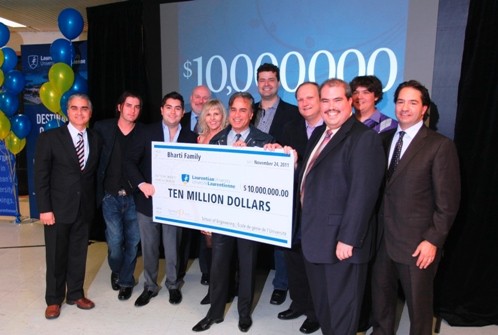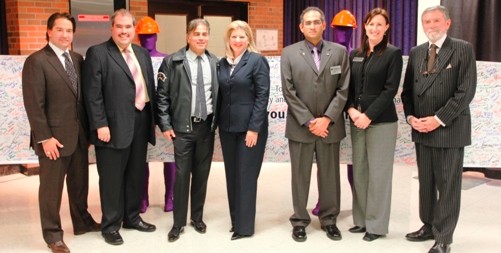BAEconomics has extensive experience across the energy, minerals, infrastructure, agriculture and natural resources sectors.BAEconomics’ background is broad-based having extensive experience in consulting to mining and energy companies, industry associations, agribusinesses, food retailers, utilities and electricity generators, the manufacturing sector, the World Bank, United Nations bodies and Australian Federal and State government agencies. They have served on government committees and boards in Australia and internationally. http://www.baeconomics.com.au/
For the full report, click here: http://www.baeconomics.com.au/wp-content/uploads/2010/01/Mining-innovation-5Feb12.pdf
Executive summary of Autonomous and Remote Operation Technologies in the [Australian] Mining Industry
Over the past decade, Australia has benefited greatly from its natural resource endowments. The sustained mining boom has contributed significantly to economic growth, investment, employment, as well as taxation and royalty payments to governments, and continues to do so. While some parts of the manufacturing sector have suffered from the appreciation of the Australian dollar, Australia’s services sector has played a key role in supporting the growth of the mining sector and has profited accordingly.
On recent Reserve Bank of Australia estimates, around half of the cost of new mining investment was spent locally on labour and other inputs. In addition, Australian residents received more than half of the earnings from the mining sector. Moreover, while mining operations are concentrated in the resource-rich states, the distribution of mining receipts has been dispersed across the country and has played a key role in keeping unemployment rates low in all states since the onset of the resources boom.

























